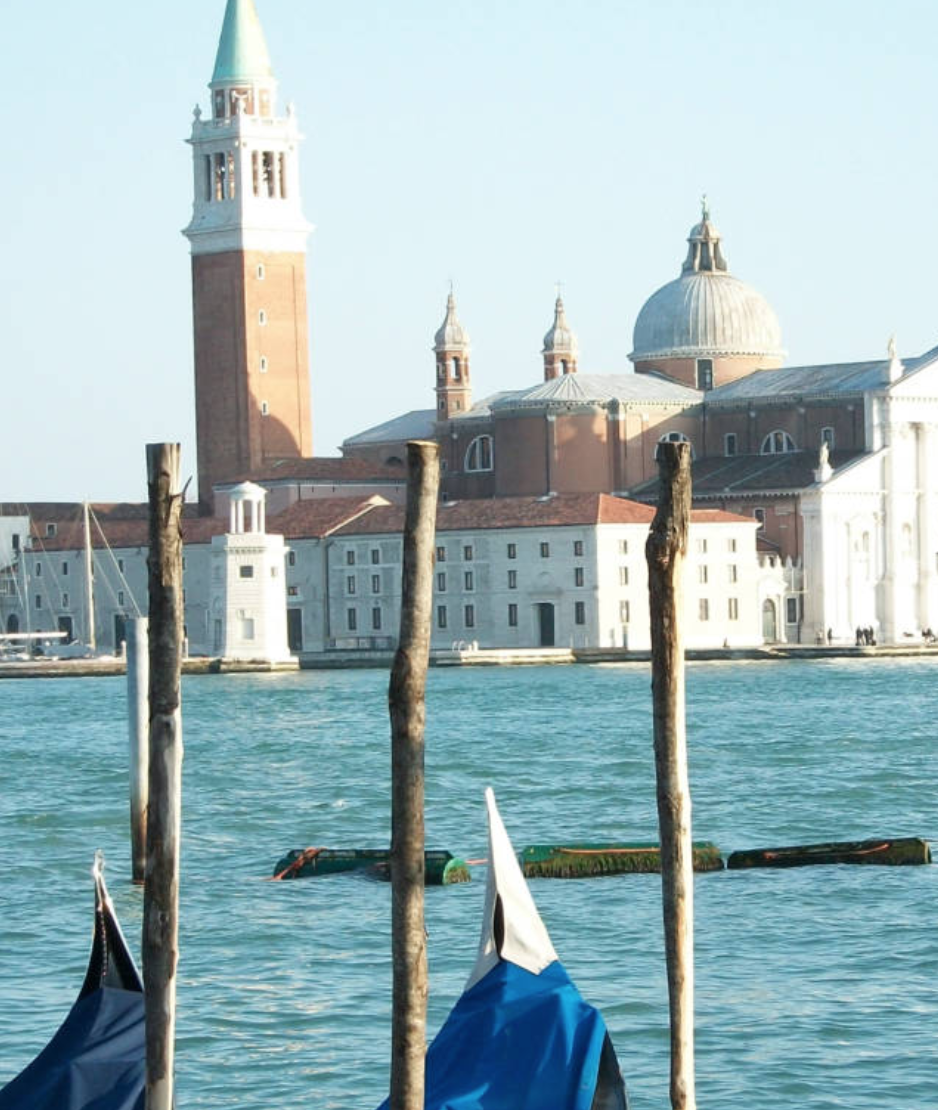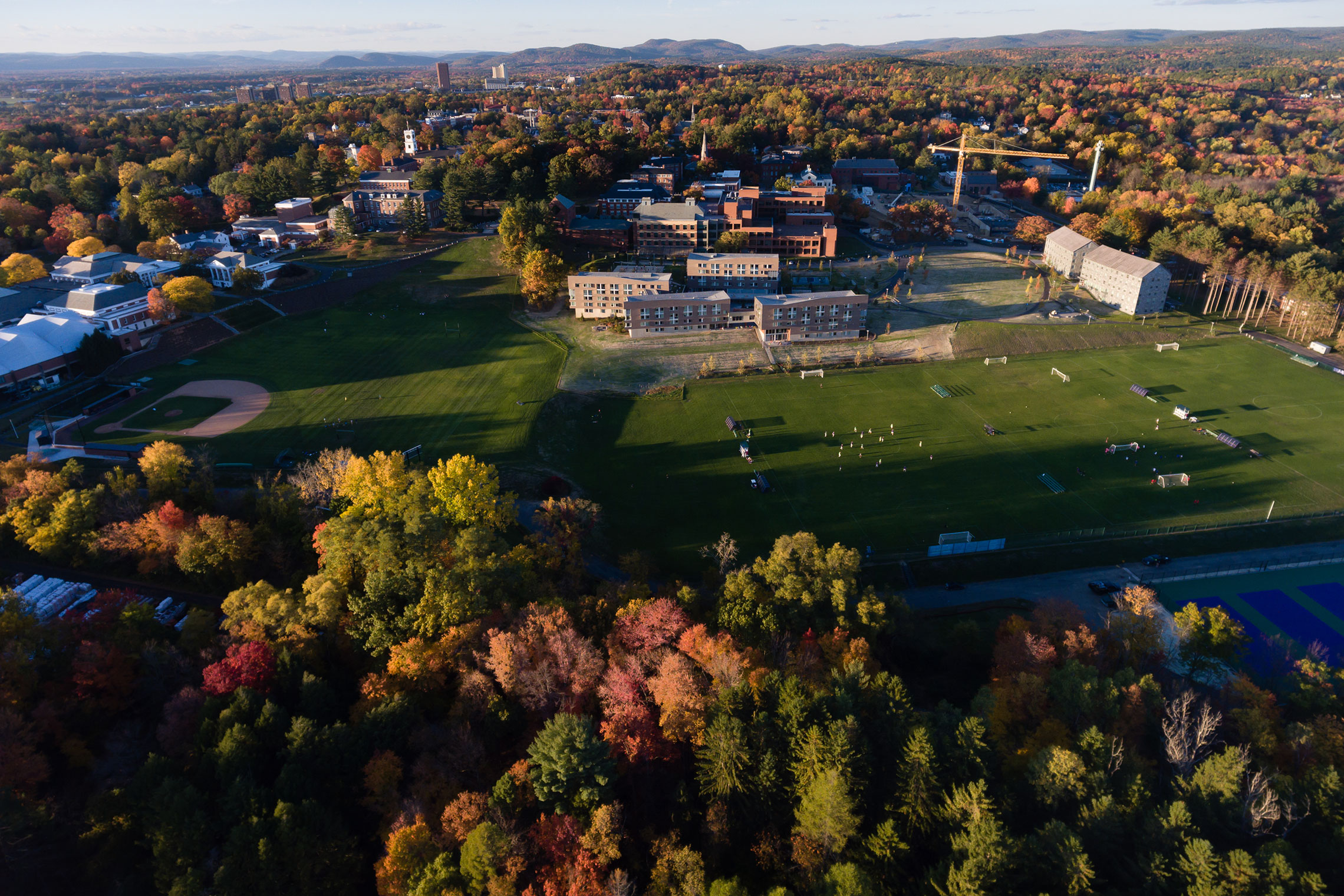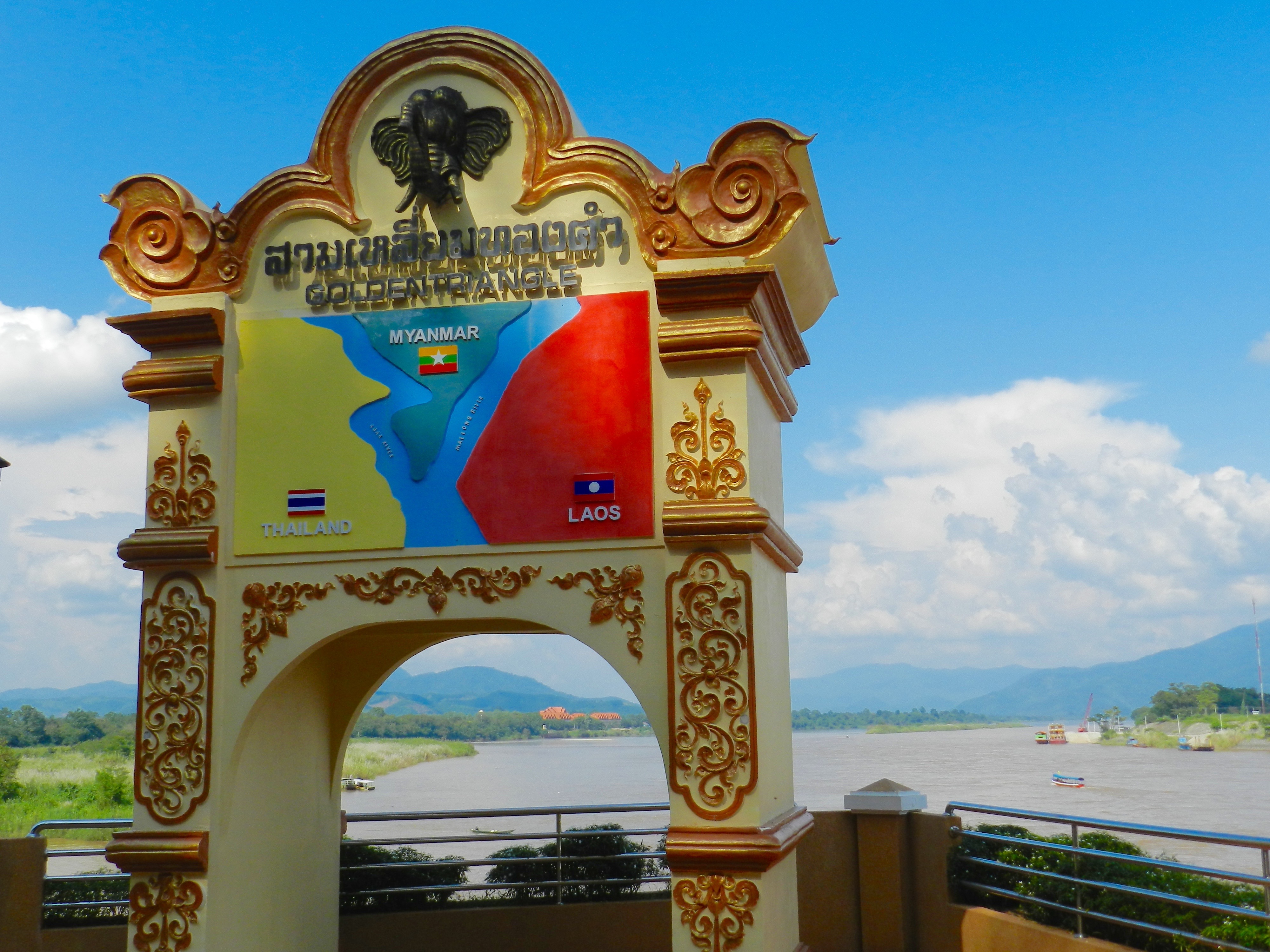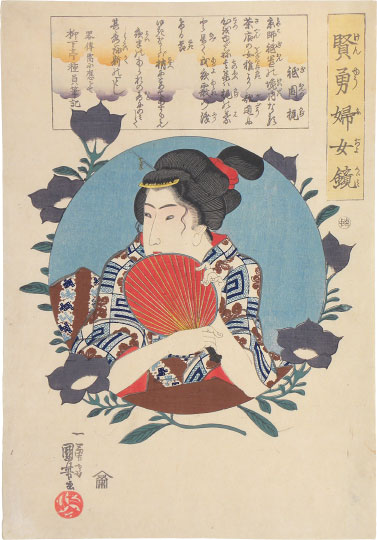MARNI BERGER interviews LINDSAY WONG

Lindsay Wong’s debut memoir The Woo-Woo: How I Survived Ice Hockey, Drug Raids, Demons, and My Crazy Chinese Family (Arsenal Pulp Press, 2018) was shortlisted for the Hilary Weston Writers’ Trust Prize for Nonfiction, selected for the 2019 edition of Canada Reads (where it was defended by fashion personality Joe Zee), longlisted for the Leacock Medal for humor, and awarded the Hubert Evans Nonfiction Prize. Wong holds a BFA in creative writing from the University of British Columbia and an MFA in literary nonfiction from Columbia University. Her short stories and nonfiction have appeared in Apogee Journal, No Tokens, Ricepaper, and The Fiddlehead, and she has earned residencies from The Studios of Key West, Caldera Arts, and the Historic Joy Kogawa House, to name a few.
In this interview, long-time friends Marni Berger and Lindsay Wong span Portland, Maine and Vancouver, British Columbia via the beauty of the internet (as they have for the better part of a decade). They cover topics from sleeping on a mattress beside your grandmother during Hurricane Sandy to visiting your mother’s haunted playground in Hong Kong; and from avoiding self-promotion on social media to coming of age while writing a memoir.


 Venice, Italy
Venice, Italy




 Feroz Rather is a PhD student in Creative Writing at Florida State University. His work has been published in such journals as The Millions, The Rumpus, and The Southeast Review, and his debut novel, The Night of Broken Glass, was released by Harper Collins India this year. Through a series of interconnected stories, in which the same characters move in and out, the novel-in-stories describes the horrors of violence in Kashmir today.
Feroz Rather is a PhD student in Creative Writing at Florida State University. His work has been published in such journals as The Millions, The Rumpus, and The Southeast Review, and his debut novel, The Night of Broken Glass, was released by Harper Collins India this year. Through a series of interconnected stories, in which the same characters move in and out, the novel-in-stories describes the horrors of violence in Kashmir today. 





